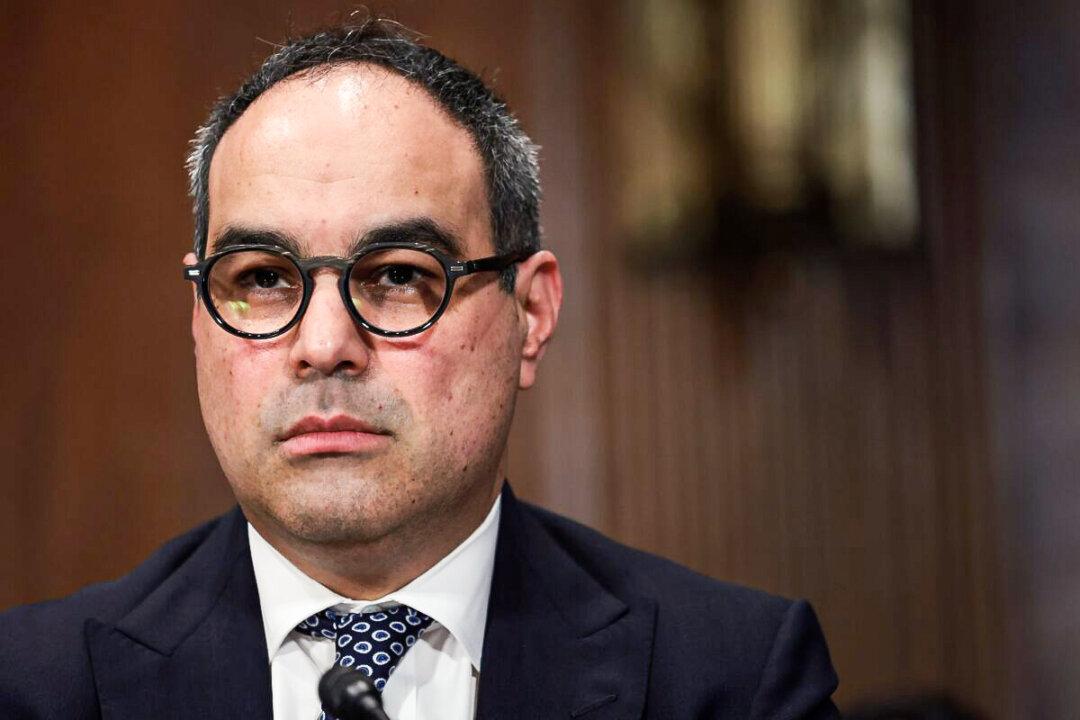Google on Thursday made allegations of bias against the Department of Justice’s (DOJ) top antitrust prosecutor in one of the ongoing antitrust cases the tech giant faces.
Google has sought information regarding the previous work and advocacy of Jonathan Kanter, the U.S. assistant attorney general for antitrust, claiming that his alleged bias against the company violates Google’s right to a neutral prosecutor.





